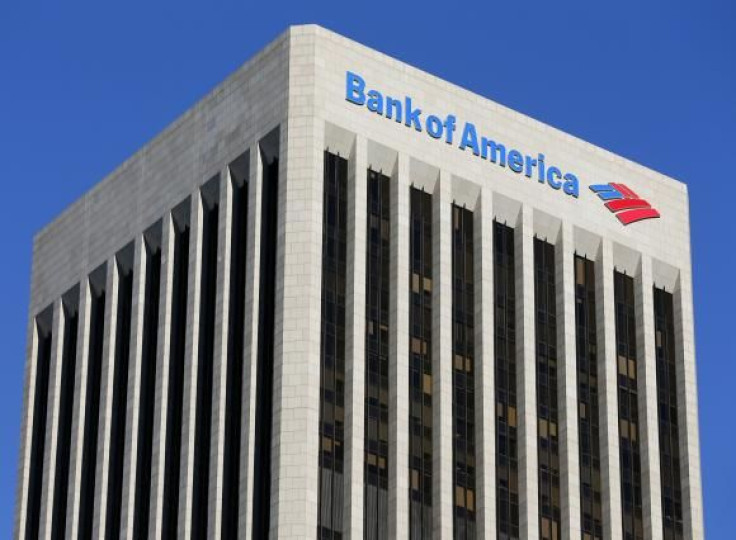Bank Of America (BAC) Judge Jed Rakoff Known For Outspoken Criticism Of Banks And Regulators

There’s no denying that Jed S. Rakoff, the Manhattan federal judge who on Wednesday ordered Bank of America Corp (NYSE:BAC) to pay $1.3 billion for damages in a mortgage fraud, is a colorful and outspoken jurist. Sitting in New York's Southern District, he inevitably has handled many cases involving Wall Street firms and their employees, and he’s earned a reputation as a man who speaks his mind.
Rakoff famously rejected a settlement between Citigroup Inc. (NYSE:C) and the U.S. Securities and Exchange Commission in 2011, decrying the agency’s reliance on allowing big banks to settle claims stemming from the financial crisis. In that opinion, the judge said:
“The result is a stew of confusion and hypocrisy unworthy of such a proud agency as the SEC. The defendant is free to proclaim that he has never remotely admitted the terrible wrongs alleged by the SEC; but, by gosh, he had better be careful not to deny them either (though, as one would expect, his supporters feel no such compunction). Only one thing is left certain: the public will never know whether the SEC's charges are true, at least not in a way that they can take as established by these proceedings… The disservice to the public inherent in such a practice is palpable. Confronted with the same choice, the United States Department of Justice has long since rejected allowing defendants, except in the very most unusual circumstances, to enter into pleas of nolo contendere, by which a defendant accepts a guilty plea to a criminal charge without admitting or denying the allegations.”
At another point in those proceedings, Rakoff asked during a hearing, “Doesn’t the SEC have an interest in what the truth is?”
Citi has agreed to settle that case for $95 million, which seemed to Rakoff a bit light in the context of investor losses totaling more than $700 million. That prompted him to say to the bank’s lawyer, “I won’t be cute and ask what percentage of Citigroup’s net worth is $95 million because I do not have a microscope with me.”
In an earlier case involving Bank of America, this one in 2009, Rakoff again refused to give his blessing to a settlement with the SEC. In that case, Bank of America settled with regulators and conceded to a $33 million fine for hiding bonus plans, which were required to be divulged, from shareholders. At the time he ruled that:
“Overall, indeed, the parties’ submissions, when carefully read, leave the distinct impression that the proposed Consent Judgment was a contrivance designed to provide the SEC with the facade of enforcement and the management of the Bank with a quick resolution of an embarrassing inquiry – all at the expense of the sole alleged victims, the shareholders. Even under the most deferential review, this proposed Consent Judgment cannot remotely be called fair… Oscar Wilde once famously said that a cynic is someone 'who knows the price of everything and the value of nothing.' The proposed Consent Judgment in this case suggests a rather cynical relationship between the parties: The SEC gets to claim that it is exposing wrongdoing on the part of the Bank of America in a high-profile merger; the Bank’s management gets to claim that they have been coerced into an onerous settlement by overzealous regulators. And all this is done at the expense, not only of the shareholders, but also of the truth.”
In an essay for the New York Review of Books last year, Rakoff suggested:
"(if, by contrast,) the Great Recession was in material part the product of intentional fraud, the failure to prosecute those responsible must be judged one of the more egregious failures of the criminal justice system in many years…Without multiplying examples further, my point is that the Department of Justice has never taken the position that all the top executives involved in the events leading up to the financial crisis were innocent; rather it has offered one or another excuse for not criminally prosecuting them — excuses that, on inspection, appear unconvincing.”
© Copyright IBTimes 2024. All rights reserved.












